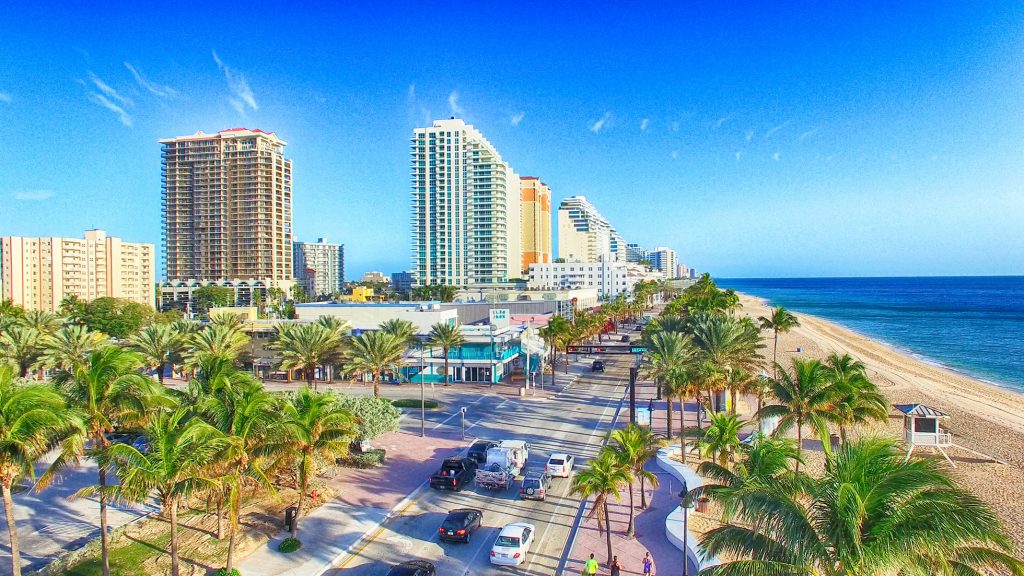The Short Term Rental Regulations Program governs vacation rentals in Fort Lauderdale. A vacation rental refers to any individually or collectively owned house or unit rented temporarily to occupants more than three times annually and for durations of fewer than 30 days each. Below are essential regulations and guidelines for operating short-term rentals in Fort Lauderdale:
Registration
Hosts must register short-term rentals annually with the City of Fort Lauderdale. The registration fee is $350 for up to four rental units located under the same roof. Renewal fees are $160 for non-owner-occupied rentals and $80 for owner-occupied rentals.
Vacation rental registration requirements include the following steps (recommended order):
- Apply for all necessary State and County Licenses.
- Provide a copy of the lease agreement used for guests.
- Submit proof of property ownership (or ownership documentation if a business entity owns the property).
- Obtain a City of Fort Lauderdale Business Tax License.
- Complete the Vacation Rental Application.
Hosts can view the complete Vacation Rental Registration Checklist online to verify all required documents. Once submitted, your application typically takes three business days to process.
Payment
Short term rental operators in Fort Lauderdale must secure a Business License since operating vacation rentals is classified as a business. The cost of a Fort Lauderdale Business License ranges from $80 to $240, depending on the time of year.
Upon processing your application, you’ll receive an email notification containing your vacation rental account number and a payment link. Additionally, an invoice for the business tax fee will be emailed separately by the City of Fort Lauderdale Business Tax Office. After payment of both the vacation rental registration and business tax fees, your property is scheduled for inspection.
Inspection
Investment properties in Fort Lauderdale listed on platforms like Airbnb undergo a mandatory home inspection to ensure compliance with city regulations. Upon fee payment, a code officer is notified to inspect the property.
Hosts should review the Vacation Rental Inspection Checklist and Inspection Guide carefully before scheduling their inspection. Should the property fail inspection, re-inspection will occur after ten days, during which hosts must rectify all cited issues. The initial registration fee covers two inspections. Additional re-inspections cost $75 each. After passing inspection, the City issues a Certificate of Compliance within three business days.
Taxes
Short term rental properties in Fort Lauderdale must pay applicable taxes, including the 6% Broward County Tourist Development Tax, 6% Florida Transient Tax, and 0.5%–1.5% Florida Discretionary Sales Surtax.
Other Short Term Rental Regulations
Responsible hosts must also adhere to all relevant contracts, leases, HOA rules, and tenant association guidelines. For example, many apartment complexes prohibit short term rentals entirely. Prospective hosts should always verify HOA regulations before purchasing properties for short term rentals.
For further information, visit Fort Lauderdale’s official website or reach out to your landlord, housing authority, or community council.
For specialized assistance, explore our Airbnb Management Fort Lauderdale services.
